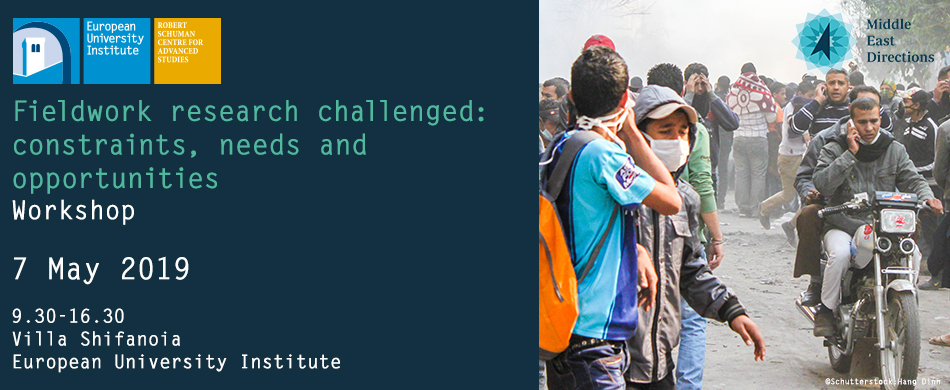
Scholars are increasingly aware that fieldwork research in conflict-prone, politically unstable or authoritarian areas can pose specific risks and challenges, and that new regulations and restrictions have emerged to respond to higher risks. As a result, research agendas in the social sciences are increasingly framed by security concerns.
These constraints reduce the scope for research agendas and may affect precisely where ethnographic approaches are likely to be most useful and needed: in explaining changes in times and spaces of uncertainty. At the same time, technological developments, which lower communication and team coordination costs, disclose new opportunities for digital ethnography, data analysis and storage. They also expose new forms of control and surveillance, thereby raising questions about the the ethical and professional implications of relying on open source data-mining. The conditions for producing and reproducing knowledge are being exposed to unprecented stressors, challenges and opportunities, and it is important to better understand this shift in the way we gain and maintain access to the field.
Discussions on these issues are needed among researchers in order to raise awareness and to contribute to establishing measures that are appropriate for their work. In preparation for the EISA Pan-European Conference that will be held in Sofia in September, scholars at the Robert Schuman Centre of the EUI (MEDirections Programme), the Scuola Superiore Sant’Anna and the Scuola Normale Superiore, will gather to kick start a discussion on these themes, which cut across thesociology, the epistemology and the methodology of social sciences. The workshop aims to idenfity needs, set expectations and build a collaborative platform.
Organiser: Virginie Collombier



